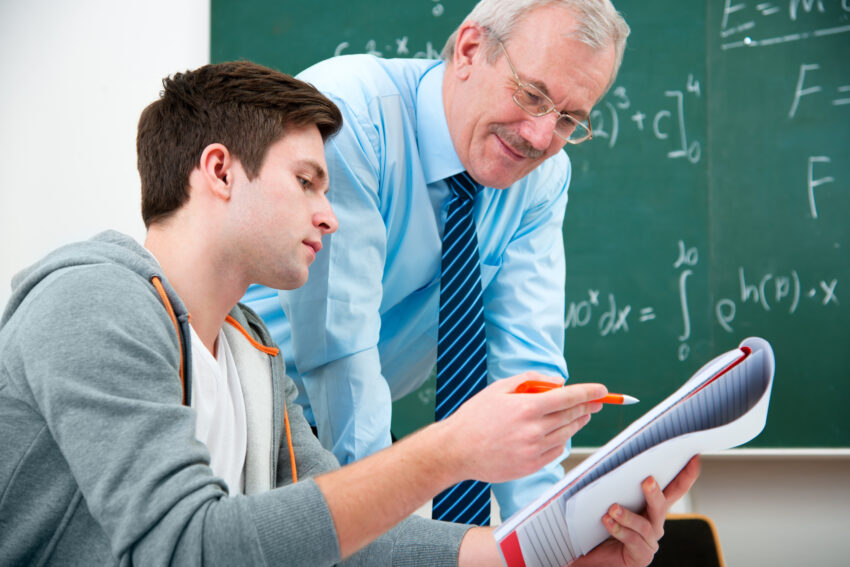International student competitions have been going on for the past six years to support sustainable causes
Developed by BE OPEN think-tank, they aim to raise awareness of SDGs and contribute to achieving them by recognizing and rewarding the best ideas and projects.
In her recent interview, founder of BE OPEN Elena Baturina speaks about the ongoing Designing Futures 2050 competition and the hopes to translate the necessity of urgent action among the young and upcoming professionals, involve them into updating the SDGs agenda in the light of the realities of today, and encourage them to take a larger part in realistic sustainable actions plans.
Could you share more about your motivation behind these competitions?
Elena Baturina, Founder of BE OPEN: Absolutely. Our primary goal is to raise awareness of the SDGs and contribute to achieving them. Through our competitions, we recognize, showcase, promote, and award the best ideas from around the world. Each year, we receive hundreds of innovative well-researched projects that reassure us that educating and motivating young people is essential for driving sustainable change. These competitions provide a platform for discussions, idea exchanges, and self-education. We aim to boost young people’s confidence and help them realize their importance in shaping the future.
Could you tell us how Designing Futures 2050 ties into the SDGs?
EB: Designing Futures 2050 is a competition aimed at encouraging young creatives to reframe and update the SDG agenda based on today’s realities. It aims to inspire them to actively participate in implementing realistic and sustainable action plans.
How can young people approach such an ambitious task?
EB: At the moment we are looking into futures studies which explore alternative and desired futures, and seem a great tool for living in the world that is becoming increasingly complex. This discipline has expanded beyond simply trying to predict the future—it now also investigates the values and perspectives that shape possible and preferred futures.
Many people turn to futures studies to mitigate risks and avoid negative scenarios, but others actively focus on creating positive futures. At BE OPEN, we believe that building a roadmap to a better future requires addressing key conflicts of today. So we want young minds to design a vision for shared futures they may be living in.
I do not believe future studies courses are readily available at many schools now. Does BE OPEN have plans to expand the accessibility of future education?
EB: You are correct – currently, only a few universities like the University of Houston and the University of Toronto, offer comprehensive futures studies programs. To bridge this gap, BE OPEN is partnering with the World Futures Studies Federation to create an open futures literacy course. The program will consist of online and offline sessions led by world-renowned experts. Our aim is to reach learners who lack access to these essential skills and expand their understanding of future studies. We believe it can be an important part of ESD (Education for Sustainable Development) and we presented this initiative at the MED9 Ministerial Summit for Education for Sustainable Development and the UNECE Forum on ESD: Empowering Youth for Sustainable Futures.
Do your former participants play any role in BE OPEN’s initiatives?
EB: They play an integral role. We reach out to former participants and encourage them to join our new projects. We offer them a platform to share their experiences through social media, amplifying our message and inspiring others. Moreover, very soon we will bring all the winners and winning teams of our previous competition to COP29 in Baku, and give them an actual floor to speak of the role of sustainability in their education, life and upcoming career. Just as we did for last year’s winners at the COP28 in Dubai, and the Student Energy Summit in Abu Dhabi.
What is BE OPEN’s vision for the future of these competitions and initiatives?
EB: Our vision is to create a foundation of knowledge for young people to navigate the challenges ahead. By providing opportunities for creative expression, collaboration, and learning, we hope to inspire them to take ownership of shaping the future. Utilizing digital formats, strategic partnerships, and credentialing, we aim to expand the impact of our work and equip a new generation with the skills and perspectives needed for a better tomorrow.


